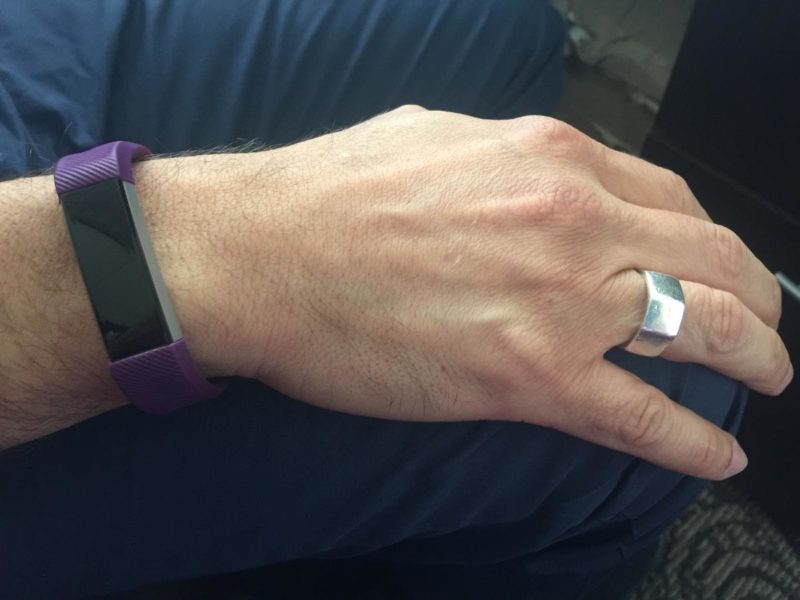From Texas Public Radio:
Fifty-two-year-old Carlos of San Antonio is a living example of the progress made in the fight against HIV, the virus that can lead to deadly AIDS. As a young man who chose a lifestyle of drugs, drinking, and sex with multiple male partners. He contracted HIV in 1990.
“I was 24. I should have known better,” Carlos said. “I thought, you know, it was a death sentence. I didn’t think I was going to be here 26 years later.”
Infectious Disease Specialist Dr. Barbara Taylor of the University of Texas Health Science Center at San Antonio says antiretroviral drugs have a made a huge difference for HIV patients.
“HIV was a death sentence. And now they’re living long and normal lives,” Taylor pointed out. “There’s really no limit to the lifespan with these medications. If you’re living with HIV and you take your meds you should live the same lifespan as someone without HIV lives.”
That’s good news. But here’s the flip side. HIV is life long and creates a chronic inflammation in the body that triggers health problems that are special challenges for Hispanics, like obesity, diabetes and high blood pressure. Many Hispanics are genetically predisposed to these conditions. Plus, some of the early HIV medications, now discontinued, put patients at greater risk of heart disease.
Taylor has been studying the issue. Now she’s on a mission to get primary care physicians and infectious disease doctors to be more proactive about helping HIV patients live their best lives.
“I think it’s really important for us as providers to think about people living with HIV as the whole person in front of us,” Taylor stressed. “With these extra years of life that you’re given, we want to make sure that they’re as healthy as possible. If we want people to live into their 80s and 90s and 100s healthily with HIV, then we have to address these other things.”


















